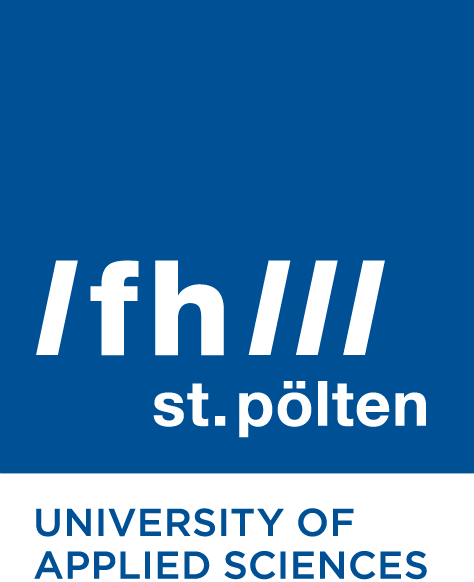Agile Ethics
Within the research agenda InSituEx, the project "Out of Frames" explores innovative ways to analyze, map, and mediate environmental controversies. It builds on the findings of a previous project, entitled "Climate Media Frames" (CliMeF), by focusing on two local case studies: the deployment of wind power and the cultivation of genetically (un)modified soy in Lower Austria. Conceptually based on actor-network theory and controversy mapping, "Out of Frames" critically engages with anthropocentric bias in climate change communication and aims to encourage ethical perspective changes.
The central research questions of the project are: Who speaks for whom or what in the recent wind power and soy controversies in Lower Austria? And how can the identified human and nonhuman perspectives be effectively mediated, that is, mutually imparted and moderated? We seek to answer the first question by mapping the actors and their positions through online content analysis and stakeholder interviews. To address the second question, we aim to design and test "polyphonic personas" as a communicative tool for multi-perspective mediation. Participants will explore the controversies by adopting these human and nonhuman roles in "ecodrama workshops," followed by an evaluation of the impacts.
The project's methodology is thus theoretically informed, multi-stage, and cross-disciplinary, combining controversy mapping, qualitative interviews, persona creation, and participatory workshops. The first phase involves analyzing online debates and visualizing the findings, followed by problem-centered interviews with stakeholders to capture diverse perspectives. The insights from these steps will inform the design of human and nonhuman personas and scenarios, which are performed in ecodrama workshops fostering role reversals. The final phase comprises semi-standardized interviews to evaluate the effects.
The originality of the project lies in its interdisciplinary and participatory approach, applying methods from science and technology studies and design research to issues of environmental communication. By introducing the concept of ethical agility as the capability to shift perspectives and engage with complexity, "Out of Frames" aims to move beyond traditional, anthropocentric, and information-deficit models of climate change communication. Polyphonic personas and ecodrama workshops are novel applications of narrative and performative techniques to mediate environmental controversies. They will enable stakeholders to experience and reflect on alternative viewpoints in a structured, empathetic setting.

